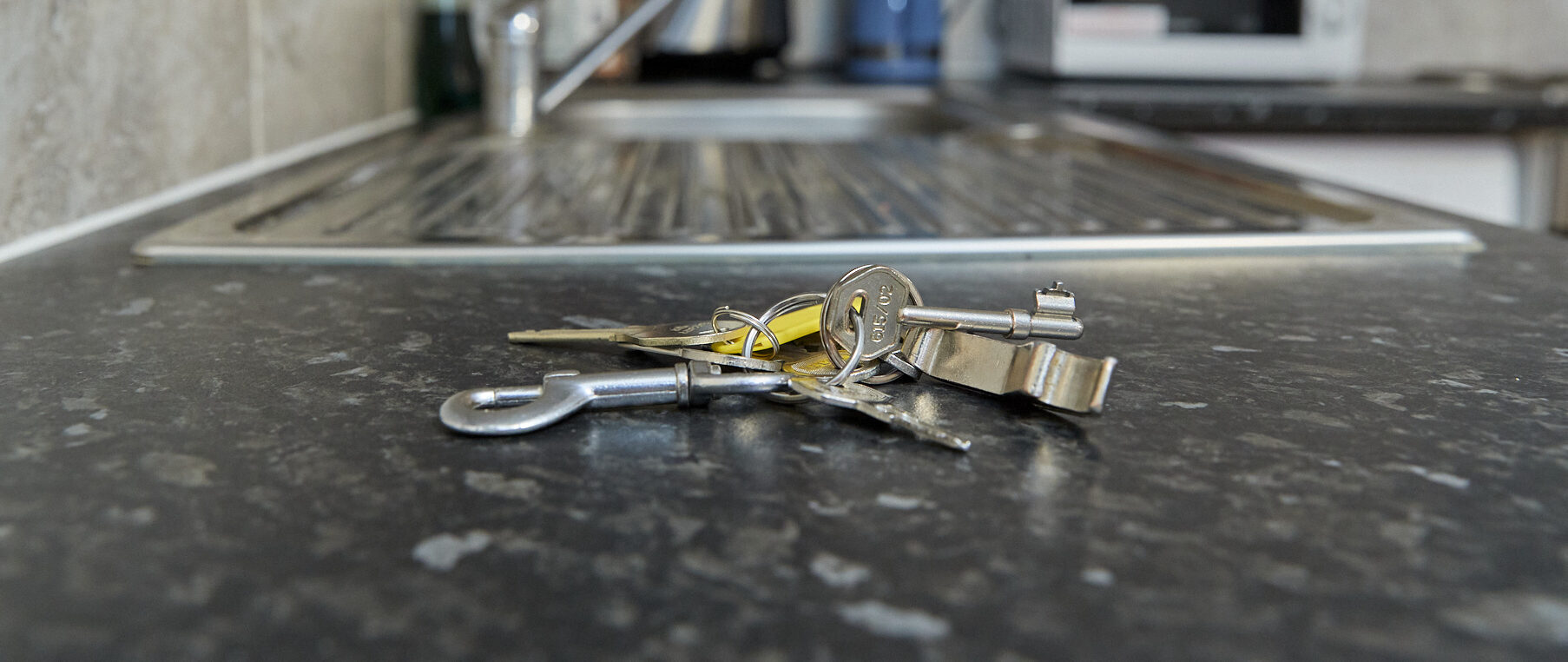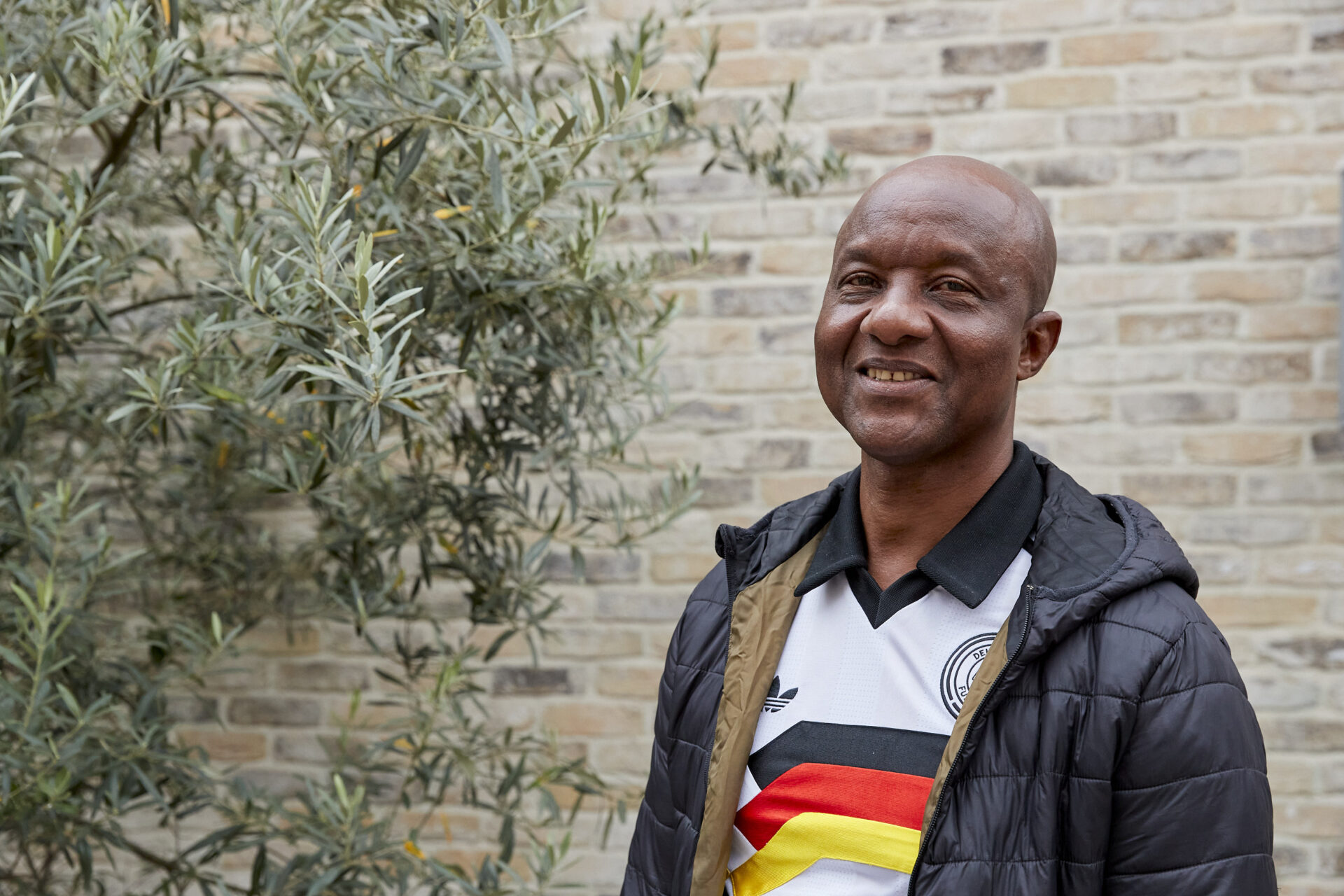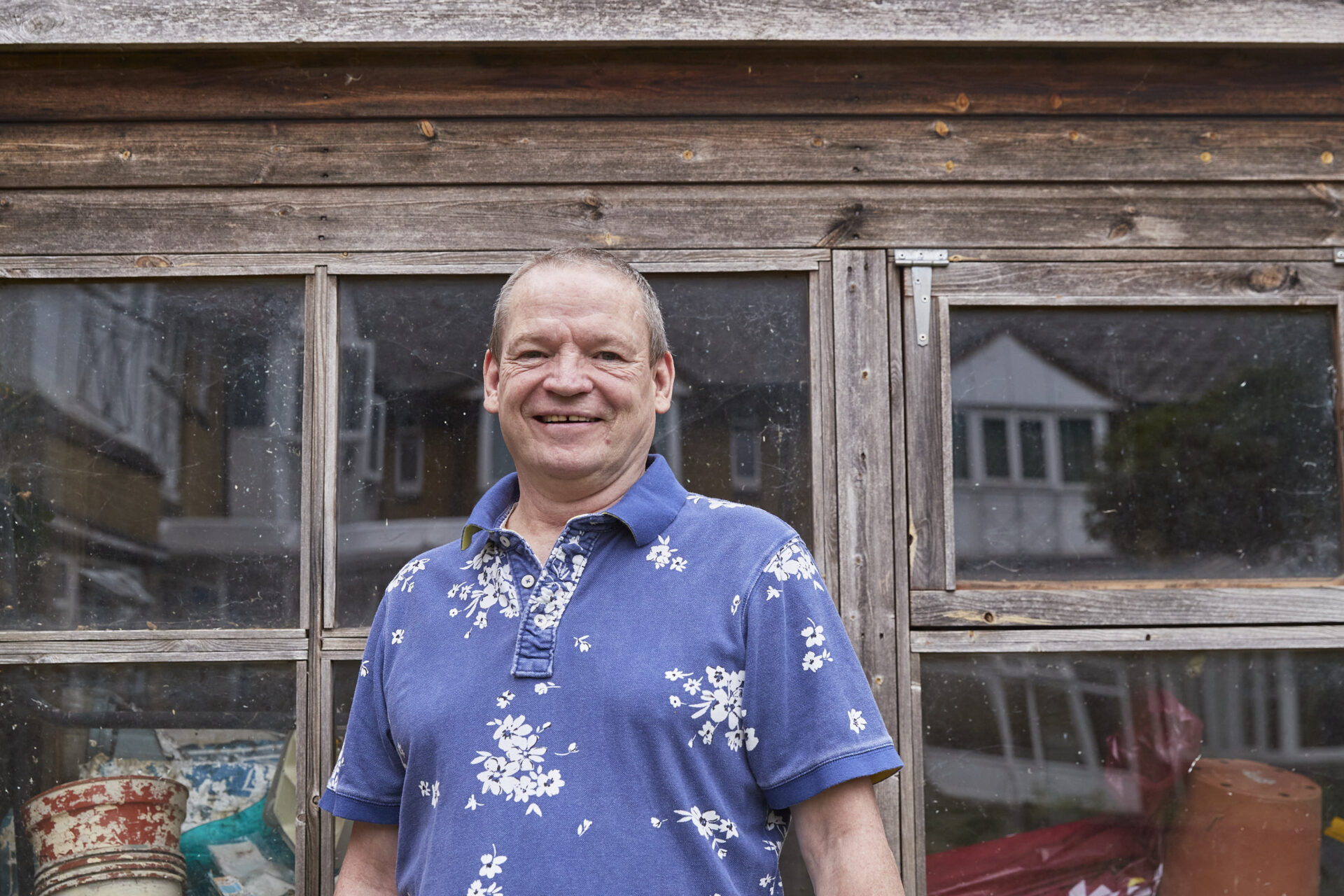Francis’s story
After finding himself homeless at the height of the pandemic, Francis has been housed and supported through our PLACE team

Francis was in hospital undergoing an operation on an infected leg when the friend he’d been staying with told him he needed to find somewhere else to live.
On leaving hospital and returning to the flat, Francis found that his friend had changed the locks and he was left sitting in the road on his crutches. This was during the summer of 2020, during the middle of the coronavirus pandemic, and Francis had nowhere else to go.
He initially spent some time moving between different hostels before coming into contact with our PLACE team — Pan London Accommodation & Community Engagement — who work with people who have been staying in temporary accommodation and have been referred to Thames Reach by a local authority. The team helps people to access private rented accommodation across London, and provides initial support once the client has moved in.
PLACE were able to help Francis find a flat of his own, as well as helping him to furnish it, sort out bills and administrative issues, and provide further support to get him back on his feet.
‘When I first moved in here I didn’t have a bed, furniture, a washing machine, nothing,’ he says. ‘They’ve helped me get all of these things, though. I’ve got my own home now, which I’ve never really had before. Now my children can come to see me, my son comes to stay with me on weekends. That didn’t happen when I was in hostels.’
While Francis is still troubled by his leg, he’s recovered enough to work part time now, and mentally is in the best place he’s been in for a long time. His goal now is to learn a new trade.


